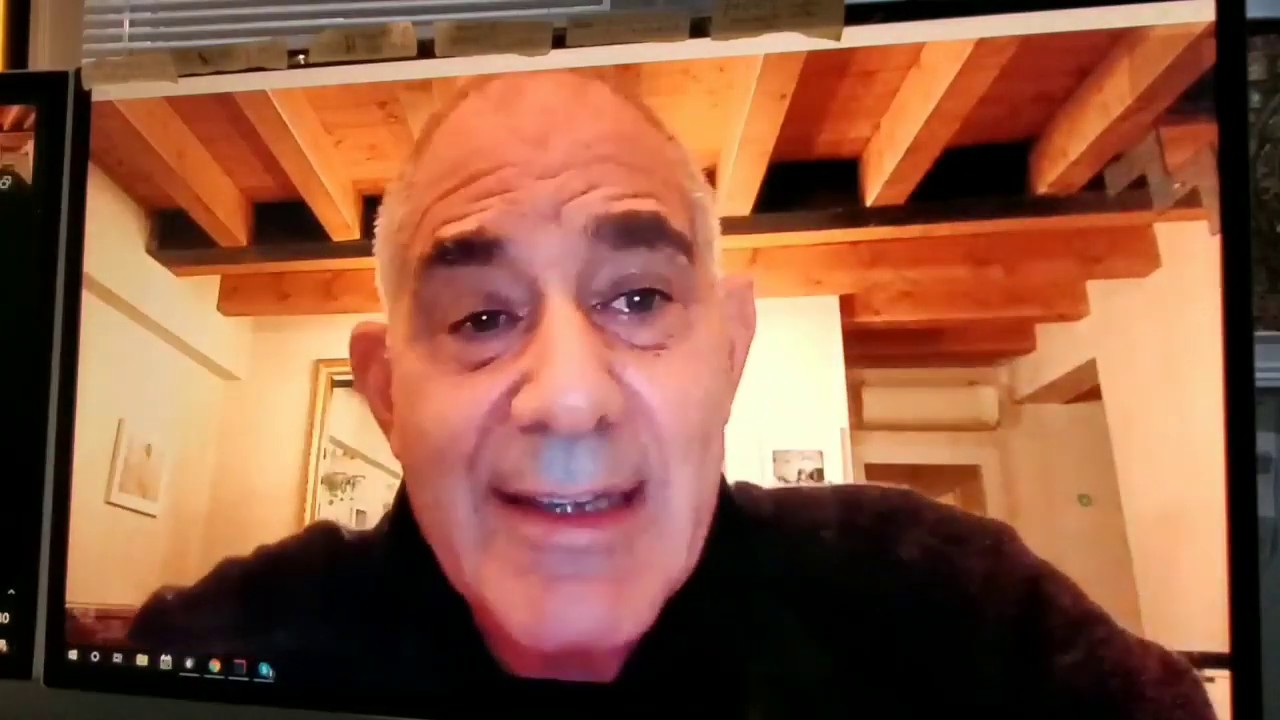The Music Direct print catalog is beguiling. Greeted with breathless anticipation each year. It’s fun to turn each page and dream beyond one’s means. Mark Levinson caught my eye and has evolved into an interesting journey. I was intrigued to learn that Mark Levinson, the man, has had nothing to do with Mark Levinson the brand for over 30 years. I’m sure many of you know the story, but for those like me who did not, here’s a brief synopsis.
Mark Levinson was a pioneer of high end audio back in the 1970’s. When a top preamp cost $500, he decided a $2000 one could do much better. As is commonly the case with visionary artists, their business acumen often trails far behind. By the early 80’s Mark Levinson the company was in dire straits and took on an investor. Things went further south and the investor ended up with the company and the Mark Levinson trade name. He then sued Mark Levinson the man to bar him from ever working in audio again on the premise that doing so would irrevocably harm the Mark Levinson brand. The court ruled in Levinson’s favor, allowing him to work in audio, but barred him from using the Mark Levinson name.
Levinson went on to found Cello, whose greatest achievement seems to be the Palette Equalizer which are very rare and sell for $20K these days. Harman Kardon bought the Mark Levinson brand name and have turned it into their Lexus in contrast to their Toyota, with zero to do with Mark Levinson’s actual design ideas.
Fast forward, Cello came and went. Curious to know what Levinson was up to these days, I found several recent interviews on YouTube (links below). The following is my interpretation of his very interesting current thinking.
He has founded a new company called Daniel Hertz in Switzerland (https://danielhertz.com/). He seems to think music playback is in the dark ages. That tubes (1940’s) and transistors (1960’s) are ancient technologies that audiophiles get fooled into paying enormous sums of money for. He’s currently interested in the evolution of Class D and has put years into it’s technological development. He believes his version of Class D will make the best possible sound quality available to the masses at very low prices and disrupt the audiophile corporate hustle.
He also thinks our approach to digital playback is backwards. The industry focuses on ever more expensive components to make digital audio sound better, while never addressing the root issue, that PCM is a 1970’s technology. And that every recording is mastered to sound great on the mastering equipment, but given the end listener does not own the same equipment, we end up with an endless hodgepodge of playback experiences. Also, the mastering itself is fraught with inconsistencies. We buy new ever more expensive equipment which moves the marbles around but solves very little.
Levinson’s solution is the software equivalent of the Cello Palette Equalizer. In his belief, the Mac computer is able to produce some of the world’s highest quality recordings, and therefore, the same Mac is best suited to play music back. He thinks this is the dirty secret of high end audio, that the lowly Mac is better at music playback than expensive servers. Interesting a belief that Paul McGowan seemed to agree with before Octave appeared. Levinson has disdain for DSD and says ever higher sampling rates solve nothing. He says the format war is over, PCM is king.
Thus he created the Master Class software for Mac, which costs 600 euros. Somehow, and I’m not sure how, the software claims to take any PCM recording, even MP3, and turn it into something equivalent to an analog master. I have no idea of the usability of Master Class, whether the process is automatic, or if it requires one to essentially manually equalize a given recording. Once done you can “print” an aiff file with the equalization built into the file.
Has anyone tried Mark Levinson’s Master Class software? Is it effective?
If nothing else, I found these interviews very thought provoking.



 .
.
 No ,they cant compete with newer and better cables,but anyway…
No ,they cant compete with newer and better cables,but anyway…